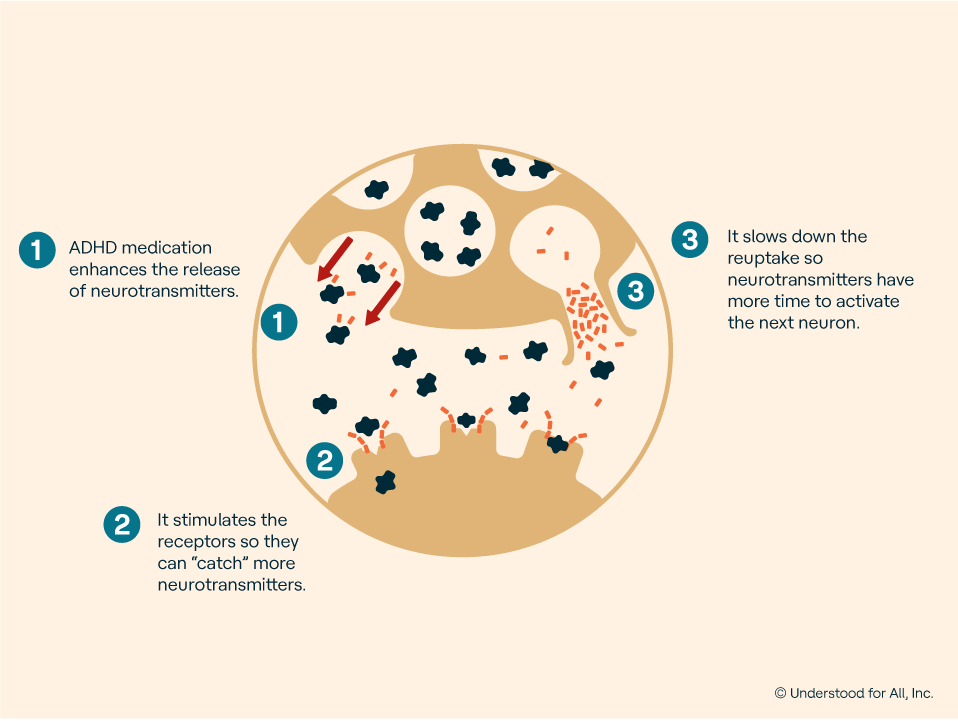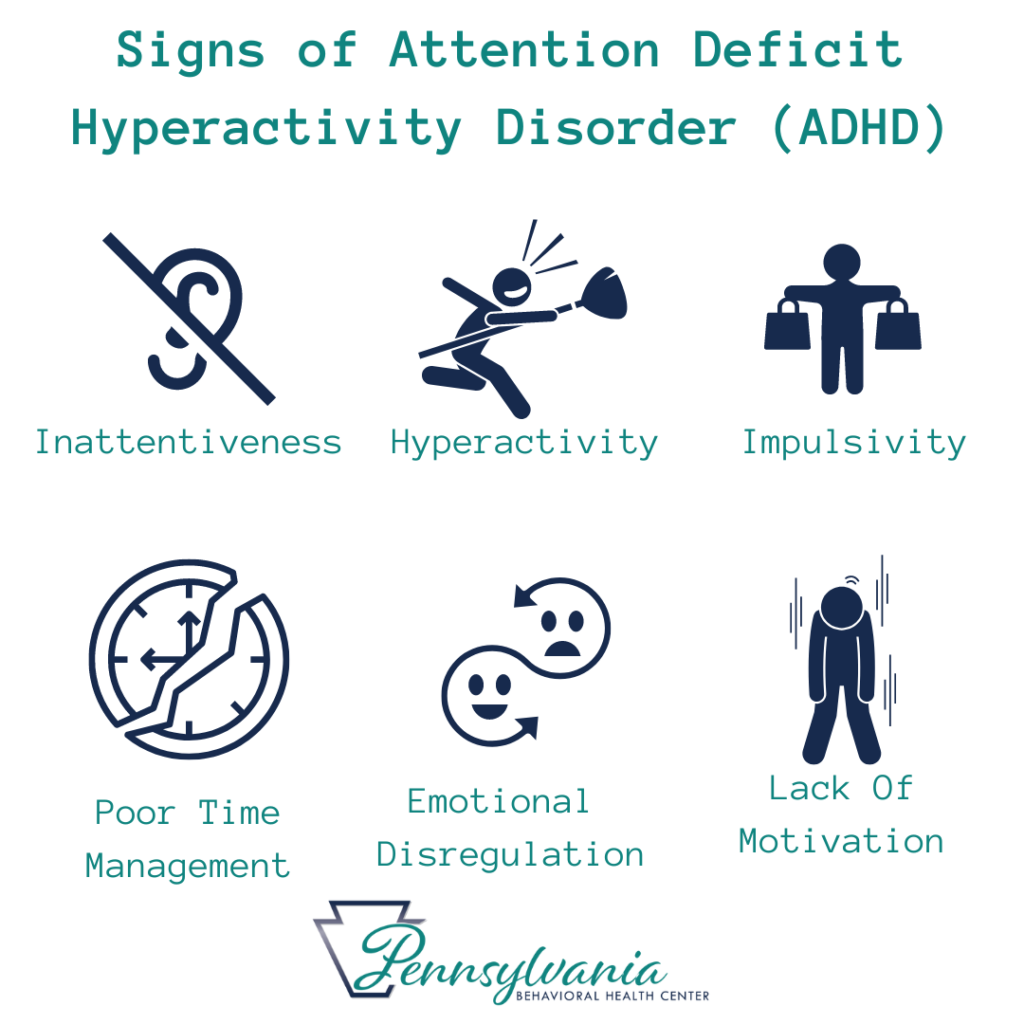Your Overview to Discovering the Right ADHD Therapy for Enduring Outcomes
Browsing the intricacies of ADHD treatment needs a nuanced understanding of both the problem and the myriad alternatives available for efficient monitoring. It is important to recognize that what benefit one individual might not necessarily produce the very same results for one more. Hence, a customized strategy-- integrating specialist advice, drug, behavior methods, and way of living modifications-- becomes extremely important. The journey towards recognizing the most suitable treatment plan can be laden with obstacles. What are the key aspects that affect successful outcomes, and exactly how can individuals guarantee they get on the appropriate course?
Comprehending ADHD and Its Effect

In adults, ADHD can result in challenges in office settings, impacting efficiency, time management, and social partnerships. Usually, undiagnosed or poorly handled ADHD can add to co-occurring psychological health and wellness problems, such as anxiety and clinical depression, more complicating a person's total wellness.
The social understanding of ADHD can vary, resulting in preconception and misconception, which may prevent individuals from looking for assistance. As awareness expands, it is necessary to foster a setting that advertises understanding and support for those impacted by ADHD, emphasizing the demand for precise medical diagnosis and tailored strategies to alleviate its impact on day-to-day life.
Summary of Therapy Choices
A comprehensive approach to dealing with ADHD includes a variety of alternatives customized to the person's one-of-a-kind requirements. These options can generally be categorized right into behavioral treatments, psychoeducation, and way of life adjustments, together with pharmacological therapies that may be explored later on.
Behavior interventions, such as cognitive-behavioral treatment (CBT), focus on changing certain behaviors and creating coping approaches to manage signs and symptoms efficiently. Psychoeducation plays a critical function in encouraging both individuals and their households by supplying details about ADHD, its difficulties, and efficient approaches for assistance.
Lifestyle modifications can substantially influence ADHD management. Regular physical activity, a balanced diet regimen, and adequate sleep add to general health and sign control. Mindfulness methods and relaxation methods can likewise improve emphasis and minimize impulsivity.
Support system and household treatment can cultivate a feeling of neighborhood and understanding, aiding people really feel much less separated in their experiences. Each therapy choice must be taken into consideration combined with the person's choices and conditions, making certain a holistic approach that advertises lasting success. Inevitably, the objective is to develop a personalized treatment plan that addresses the specific challenges connected with ADHD while boosting total lifestyle.
Drug: Advantages And Disadvantages
Medication plays an essential duty in the therapy of ADHD, with many alternatives offered that can considerably relieve signs for several people. Energizers, such as methylphenidate and amphetamines, are frequently recommended and have actually shown effectiveness in improving emphasis, decreasing impulsivity, and enhancing overall habits. These medicines work by enhancing dopamine and norepinephrine levels in the mind, which are frequently dysregulated in those with ADHD.
Some individuals might experience side effects, including insomnia, reduced cravings, or increased stress and anxiety. In addition, not all patients respond to stimulant medicines, leading some to discover non-stimulant alternatives, which may have a delayed beginning of activity or various side results.
It is essential for individuals and their households to evaluate these advantages and disadvantages carefully. Balancing the benefits of sign monitoring versus possible side effects is essential for accomplishing ideal therapy end results. Partnership with medical check care service providers can help with educated decisions, making sure that medicine becomes part of a thorough ADHD monitoring strategy.
Behavior Treatment Methods

One generally used method is Cognitive Behavior Therapy (CBT), which helps individuals determine and change negative thought patterns that add to ADHD-related difficulties. Therapist for ADHD. With CBT, customers find out to establish practical objectives, take care of time efficiently, and establish organizational systems
One more efficient method is Moms and dad Management Training (PMT), which enlightens parents on just how to enhance favorable actions and reduce negative ones through consistent discipline and interaction strategies. This approach cultivates an encouraging home setting that urges behavior enhancements.
Social skills training is also integral, helping people with ADHD browse social interactions much more efficiently. Role-playing and modeling suitable behaviors can boost social capability and minimize stress and anxiety in social circumstances.
Lifestyle Adjustments for Better Monitoring
How can lifestyle adjustments substantially enhance the monitoring of ADHD symptoms? Applying calculated lifestyle adjustments can lead to significant improvements in emphasis, organization, and psychological regulation for people with ADHD.
Firstly, developing an organized daily regimen helps in developing predictability, which can minimize sensations of overwhelm. Consistent routines for meals, study, and rest can improve everyday performance.
Including regular exercise is also view it crucial, as exercise has been revealed to enhance dopamine levels, boosting interest and motivation (Therapist for ADHD). Going for a minimum of thirty minutes of moderate workout most days can be beneficial
Nourishment plays a pivotal role. A well balanced diet rich in omega-3 fats, whole grains, and protein can sustain cognitive feature. Restricting processed sugars and high levels of caffeine might minimize signs, as these can lead to energy collisions and irritability.
Conclusion
Finally, discovering the ideal ADHD therapy demands a complex approach that considers individual needs and preferences. A combination of medication, behavioral treatment, and lifestyle modifications can dramatically boost signs and symptom monitoring and general wellness. Engaging in psychoeducation and establishing structured routines even more supports effective therapy strategies. Partnership with healthcare professionals and open communication with support networks are necessary components in navigating the complexities of ADHD administration, inevitably bring about lasting results and improved quality of life.
Comments on “Behavioral Health Services Tailored for Your Overall Wellness”